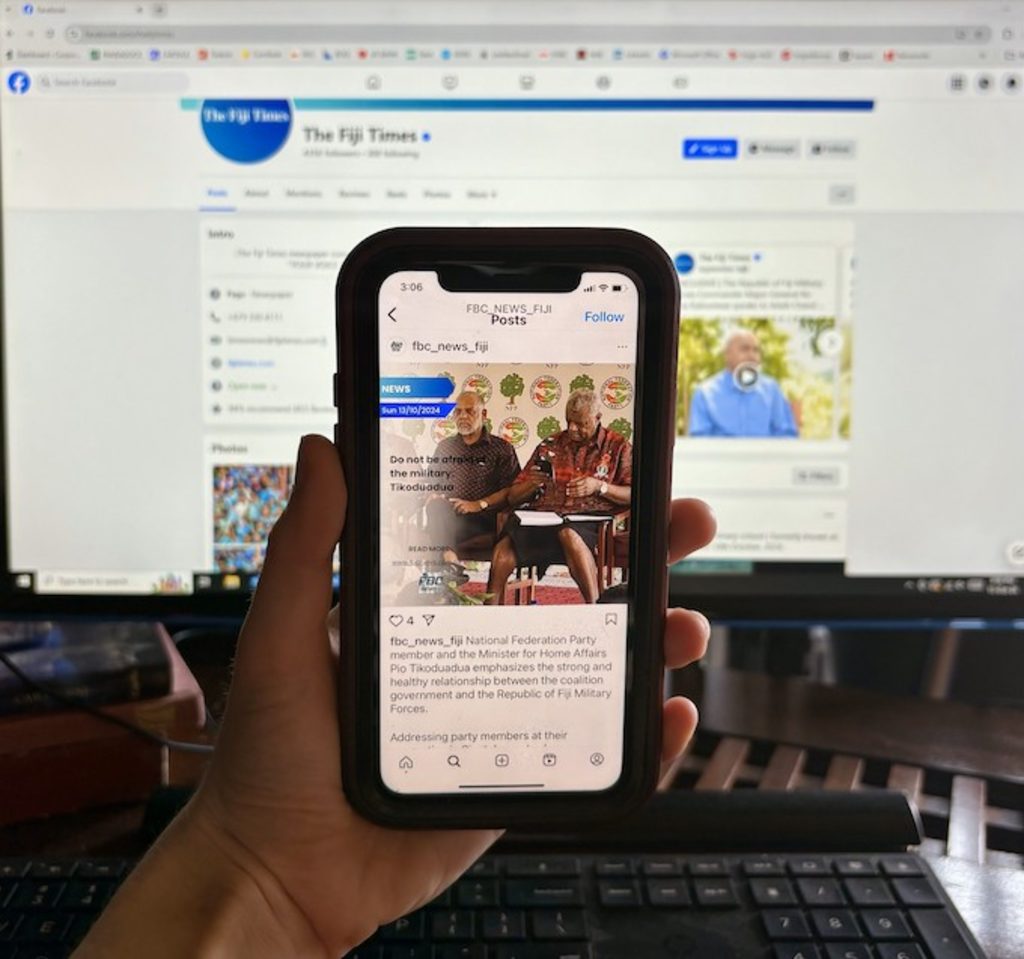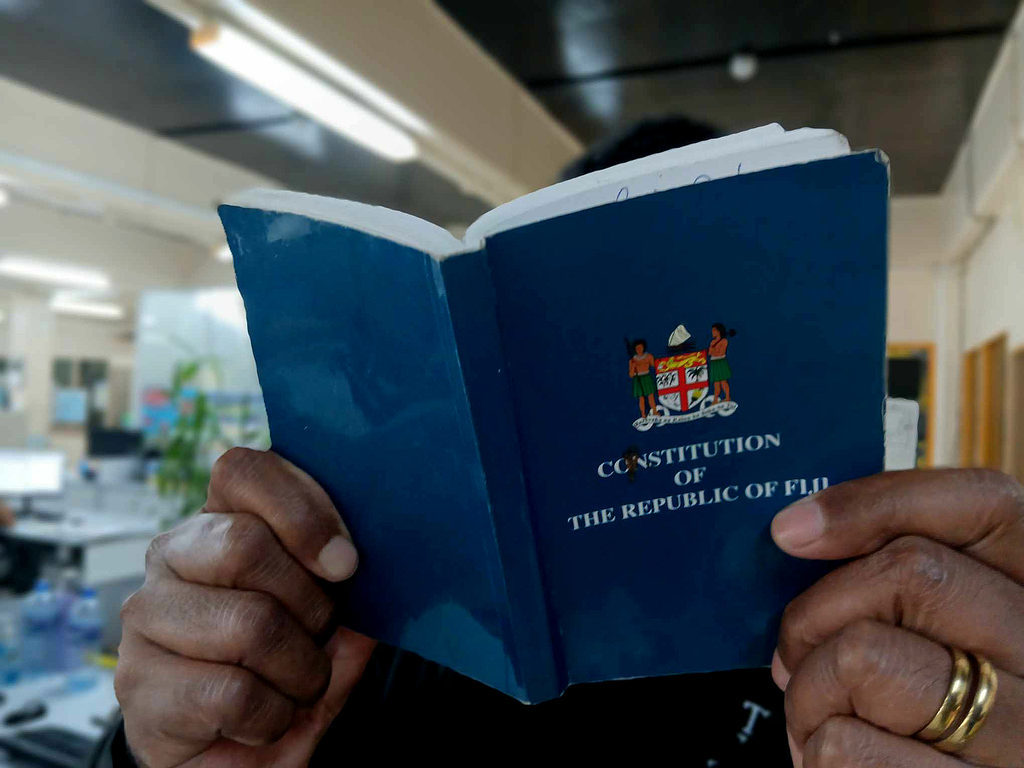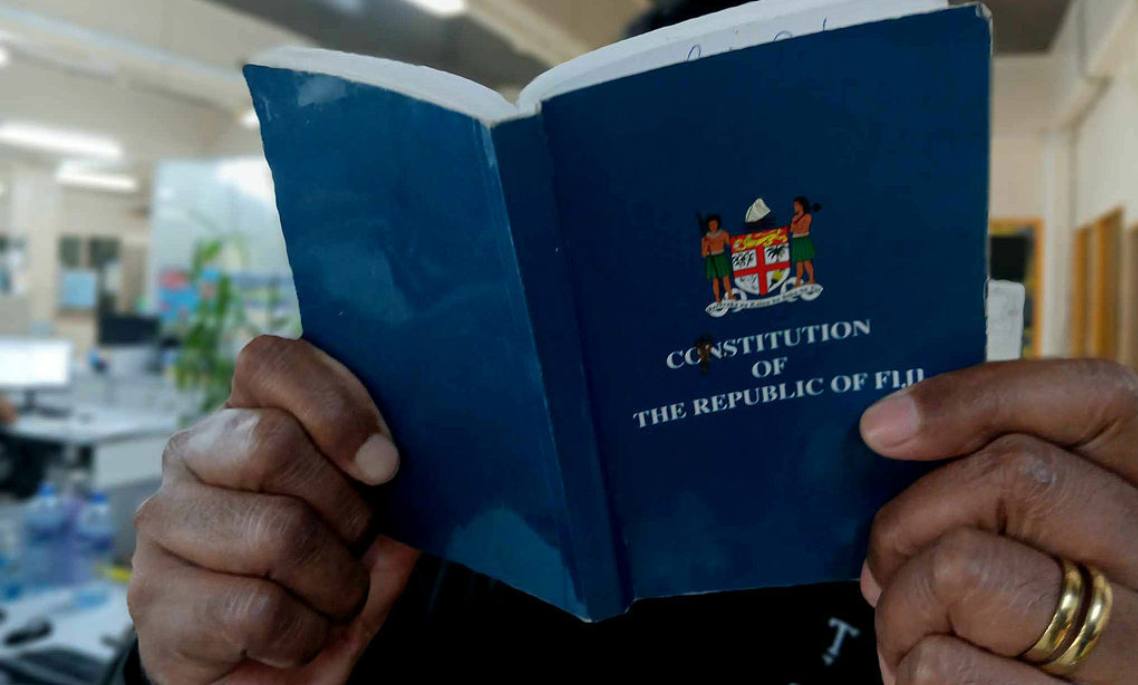A prominent academic has called for a thoughtful, forward-looking approach to developing a national framework for social cohesion in Fiji, cautioning against rushing into legislation without first strengthening existing laws and systems.
Associate Professor Shailendra Singh, Head of Journalism at the University of the South Pacific (USP), made the remarks during a high-level dialogue organised by the United Nations Development Programme (UNDP) and the Government of Fiji at the Holiday Inn in Suva last week.
The forum brought together key stakeholders to discuss strategies for building social cohesion, especially as the country prepares for the work of the Truth and Reconciliation Commission.
Led by Austrian human rights expert Dr Marcus Brand, the Commission will soon begin a nationwide process of truth-telling to examine the motivations, injustices and abuses stemming from the 1987, 2000, and 2006 coups.
Dr Singh, in his remarks, said this was the first time in Fiji’s history that elements of a coherent national social cohesion strategy were visibly in action. However, he cautioned that enacting a separate legal framework might not be necessary at this stage.
“Some laws that enable social cohesion are already in place and should suffice, at least for now,” he said.
“The current Constitution itself is a fairly good benchmark, with provisions addressing areas such as common national identity, equal citizenry, inclusive governance, responsible media, inter-ethnic dialogue, and economic equity.”
He noted these values form the bedrock, if not the very lifeblood, of social cohesion and should be embedded in any new constitutional review process.
But Dr Singh urged policymakers to broaden their focus beyond the conventional lens of inter-ethnic relations.
“With Fiji’s rapidly changing demographics, the increasing risk of fractures within the same ethnic groups is a reality,” he warned.
“Social cohesion is not just about indigenous Fijians and Indo-Fijians anymore. Tensions could also rise within the dominant iTaukei community, particularly at the political leadership level, and trickle down to the grassroots.”
Citing the historical example of factionalism within the National Federation Party in 1977, which split the Indo-Fijian community, he argued that internal divisions are not unique to any one group.
He called for any future framework, legal or otherwise, to consider these intra-ethnic dynamics and be both “visionary and forward-looking”.
Without that, he warned, any framework would risk becoming “redundant very quickly”.
The role of media and digital threats
Dr Singh also highlighted the role of media in fostering or undermining social cohesion. He expressed concerns about the impact of hate speech, especially in the age of social media.
“Social media is awash with hate speech on a daily basis. It brings out the worst in humanity,” he said, pointing out that while the Constitution touched on hate speech, there was a lack of specific legislation to address the issue in the digital realm.
He stressed the importance of clearly defining what constituted hate speech to prevent any future laws from being misused to suppress freedom of expression — something he argued occurred under the previous government.
“The broad provisions in the Media Act and other legislation became tools to silence legitimate criticism,” he said.
While acknowledging that mainstream media had flaws, Dr Singh argued it was far less problematic than the largely unregulated social media space.
He questioned the effectiveness of the current Online Safety Act and the capacity of the Online Safety Commission, which he said may be hindered by a lack of resources and expertise.
“The bottom line is that social media is a clear and present danger to social cohesion. This danger needs to be addressed urgently but without compromising democratic freedoms,” he said.
Balancing rights and national security
Dr Singh referred to the words of Minister for Defence, Pio Tikoduadua, who has said human rights were at the heart of social cohesion, a principle central to Fiji’s National Security and Defence Review.
Dr Singh said international human rights conventions should underpin any future legal framework for social cohesion in Fiji.
“My point is, let’s strengthen existing legislation that enables social cohesion before embarking on a separate law,” he said.
“We can also use the international human rights conventions to which Fiji is a signatory. But if a national legal framework can be developed in tandem without creating complications, then I’m all for it.”
As Fiji enters a new era of post-conflict dialogue and reconciliation, Dr Singh’s remarks underscore the delicate balancing act between legislation, national identity, free speech, and democratic resilience in a rapidly evolving society.
According to Dr Singh, social media poses a potential risk to peace building efforts. Picture: ASIA PACIFIC REPORT

“The current Constitution is a fairly good benchmark..”
Picture: FILE

